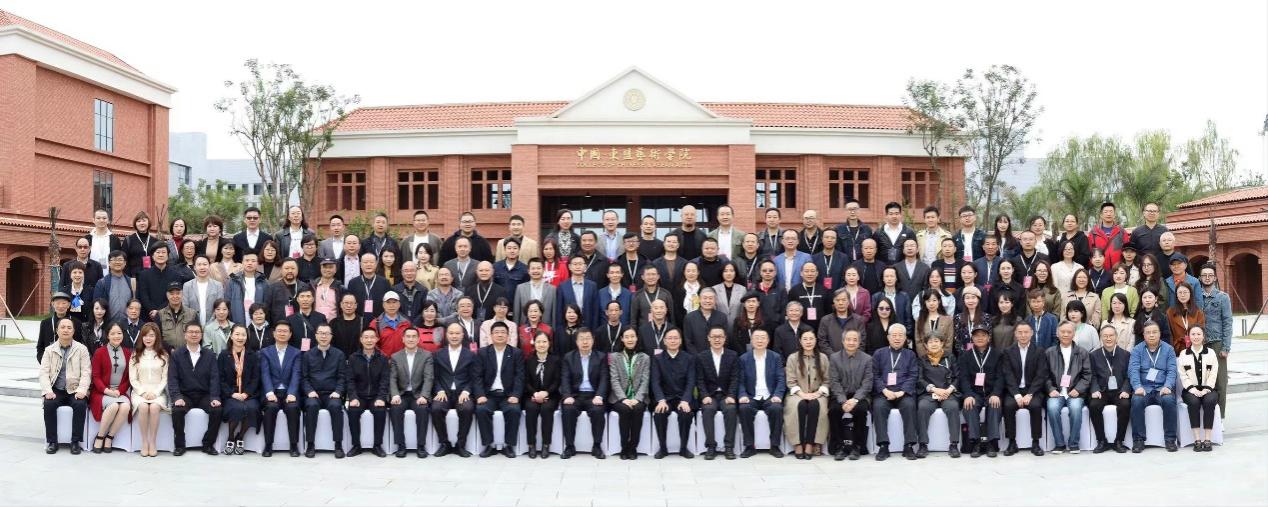To help revitalize and develop traditional crafts, strengthen the protection and inheritance of excellent traditional crafts of various ethnic groups, and promote international and domestic academic research exchanges. On October 16, the 2021 China · Chengdu Traditional Crafts High-end Forum was held at the College of Chinese & ASEAN Arts, Chengdu University. Under the guidance of the Propaganda Department of the Sichuan Provincial Communist Party Committee, the Provincial Department of Education, the Provincial Department of Culture and Tourism, the Provincial Federation of Social Sciences, and the Publicity Department of the CPC Chengdu Municipal Committee, the forum was sponsored by Chengdu University and received underpinning support from various co-organizers, academic institutions, and media platform.
At 9 am, the forum's opening ceremony was held in the Academic Lecture Hall of the College of Chinese & ASEAN Arts, Chengdu University. More than 30 leaders attended the event, including Mao Zengyin, Secretary-General of the China National Arts and Crafts Society, Wang Hongxin, Deputy Director of the Propaganda Department of the Sichuan Provincial Communist Party Committee, Zhang Ke, a second-level inspector of the Sichuan Provincial Department of Culture and Tourism, Liu Qiang, Secretary of the Party Committee of Chengdu University, Yang Xiaoyang, Vice Minister of the Publicity Department of the CPC Chengdu Municipal Committee, He Rong, Full-Time Deputy Secretary of the Work of the CPC Chengdu Municipal Education Committee, Cen Yongkang, a first-level investigator of Chengdu Municipal Bureau of Culture, Broadcasting, Television and Tourism, Yan Xing, Deputy Dean of Chengdu Academy of Social Sciences. This forum convened 130 nationally renowned experts, scholars, intangible cultural heritage inheritors, cultural and creative designers, including Jia Leilei, professor of the Chinese National Academy of Arts, Peng Jixiang, the Distinguished Academic Dean of the College of Chinese & ASEAN Arts, Li Song, the professor of Peking University, Zhao Chao, the deputy dean of Academy of Arts & Design, Tsinghua University, and Chang Bei, the professor of Southeast University. At the forum, they engaged in theoretical debates, phenomenon analyses, and practical investigations on topics related to traditional crafts.
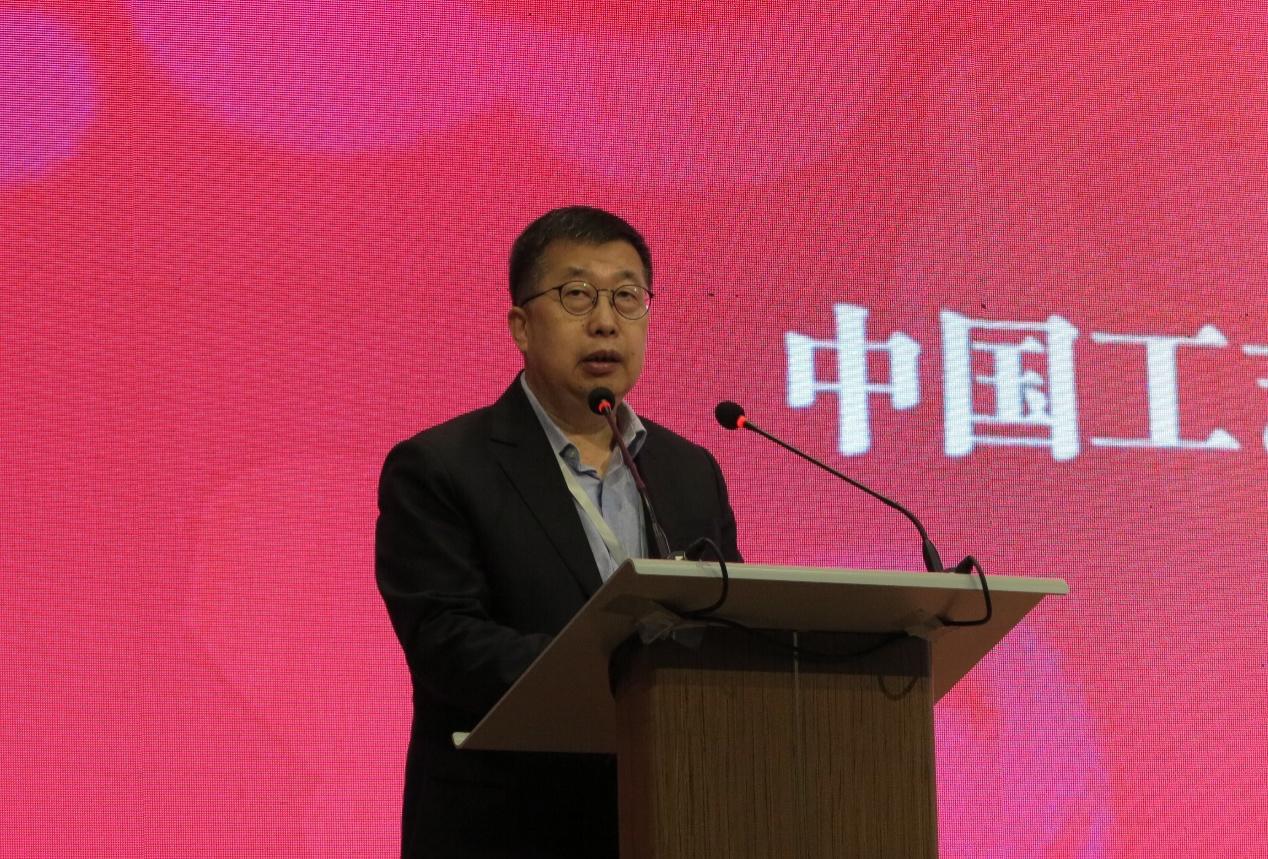
Mao Zengyin said in his speech that arts and crafts are the treasures of Chinese traditional culture, the crystallization of China's advanced civilization, the language of cultural exchanges between China and the rest of the world, and the bridge between Eastern and Western civilizations. Today, as the cultural industry has shown a tendency toward cross-border, diversified, and integrated development, traditional arts and crafts are bound to usher in a golden period of great development. He anticipated fully tapping into the academic resources, human resources, and professional resources owned by the Institute of Traditional Crafts. In addition, he hoped to strengthen exchanges and cooperation between higher education research institutions and traditional arts and crafts industries to establish a new mechanism for mutual integration and mutual interests and benefits, realizing the institute's goal of taking the high ground of new academic development and guiding the advancement of the traditional craft industry.
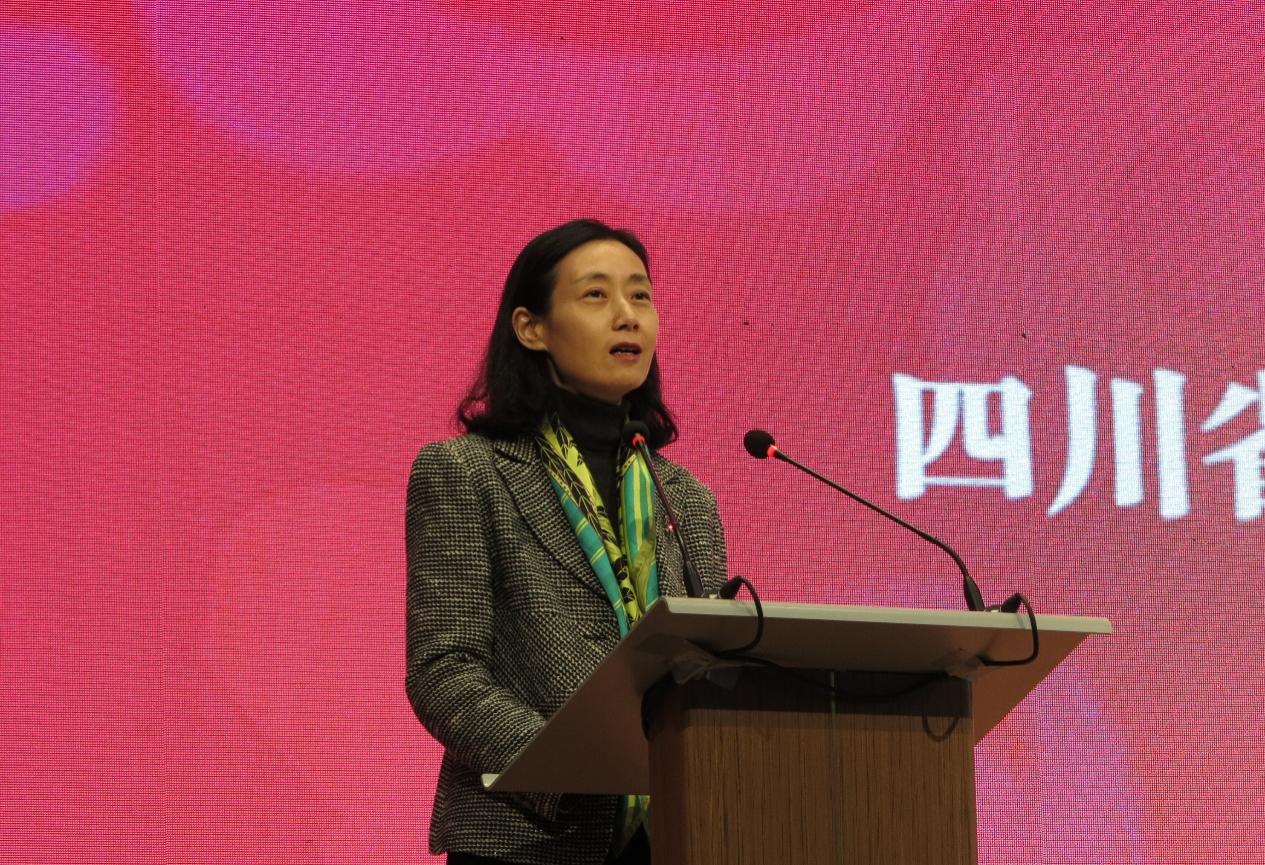
According to Wang Hongxin, traditional craftsmanship is an integral part of traditional culture since it embodies the Chinese nation's cultural value, ideological connotation, and practical experience. She stressed that it is necessary to implement the decision and deployment of the Central and Provincial Party Committee to promote the revitalization and development of traditional crafts. Moreover, she attached great importance to insisting on grasping the guidance, anchoring in academics, focusing on inheritance, persisting on systematic inheritance, project-based promotion, and contemporary expression, and discovering and cultivating a group of influential craftsmanship representatives. She expected she would exchange and spark new ideas with the experts participating in the forum, explore and form development consensus, and produce a batch of academic achievements with new content, in-depth research and analysis, and thoughtful thinking. She hoped that the Institute of Traditional Crafts would seize this opportunity to strengthen exchanges and interactions with experts and scholars, deepen the development of traditional craftsmanship, scientific principles, cultural connotations, and contemporary value research, and accelerate the exploration of new paths and new models of technological innovation that correspond to the requirements of the time.
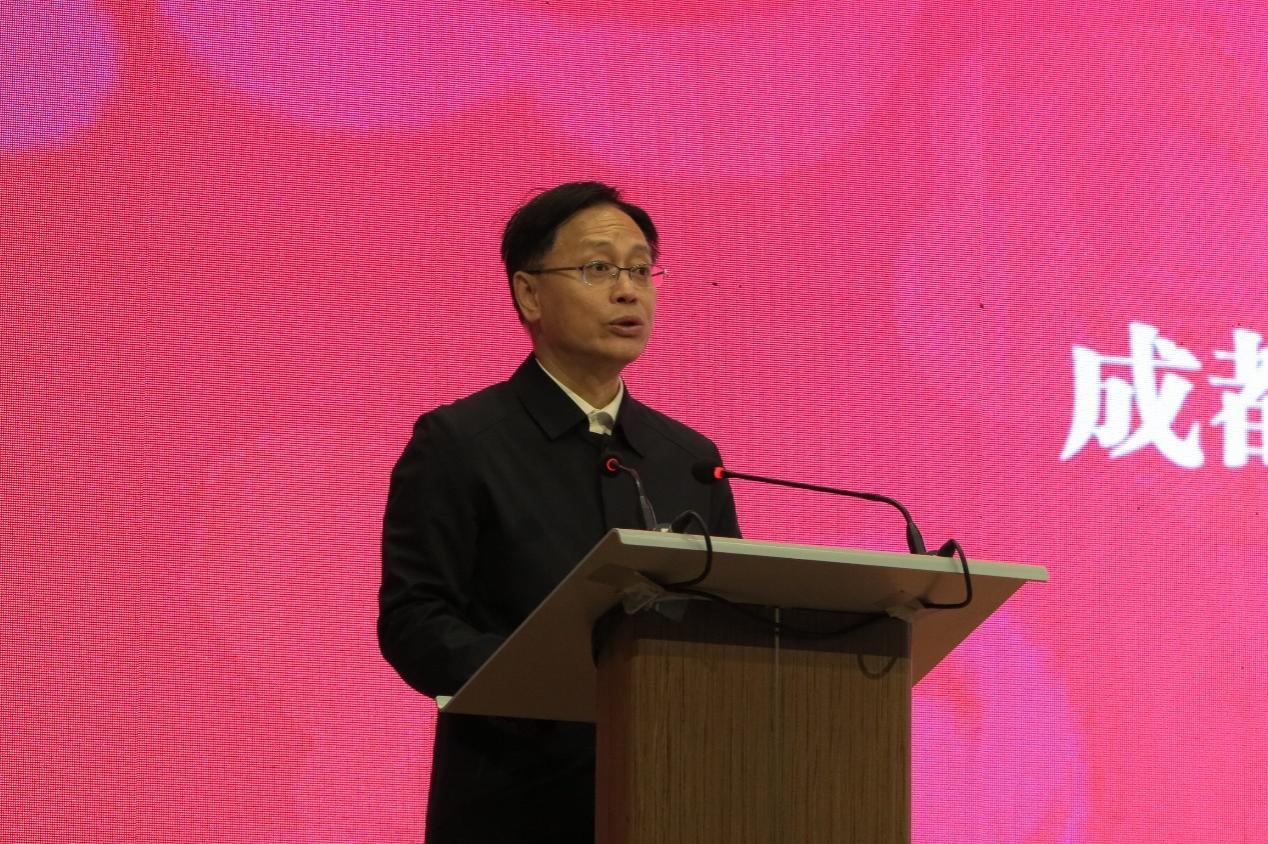
Liu Qiang expressed his warm welcome and heartfelt thanks to the guests present. He pointed out that many experts and scholars assembled in the school to discuss the inheritance and innovation of traditional crafts. It was a grand extravaganza for traditional craftsmanship researchers to advance the mutual promotion of fine arts, science, and technology. It would undoubtedly open up new avenues for ideas and solutions for preserving and developing traditional Chinese culture.
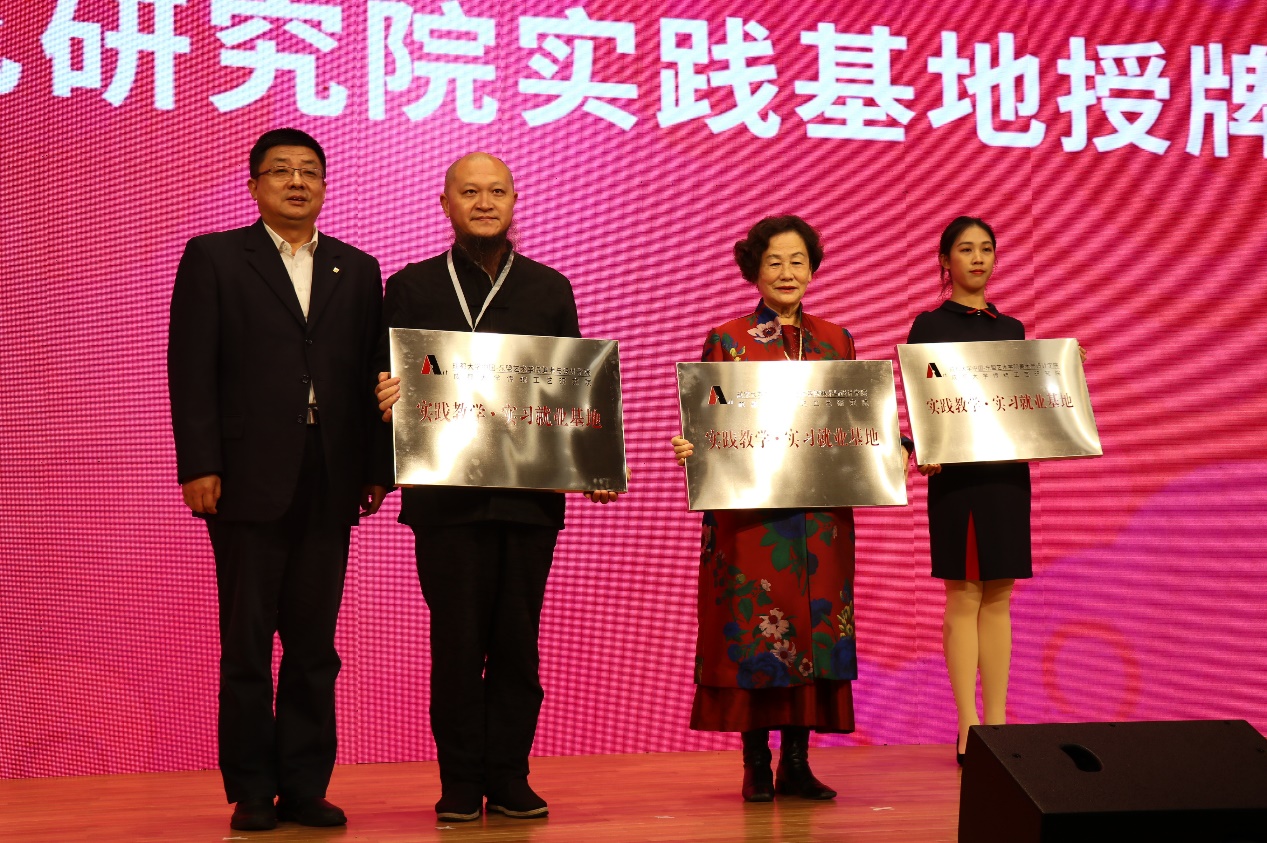
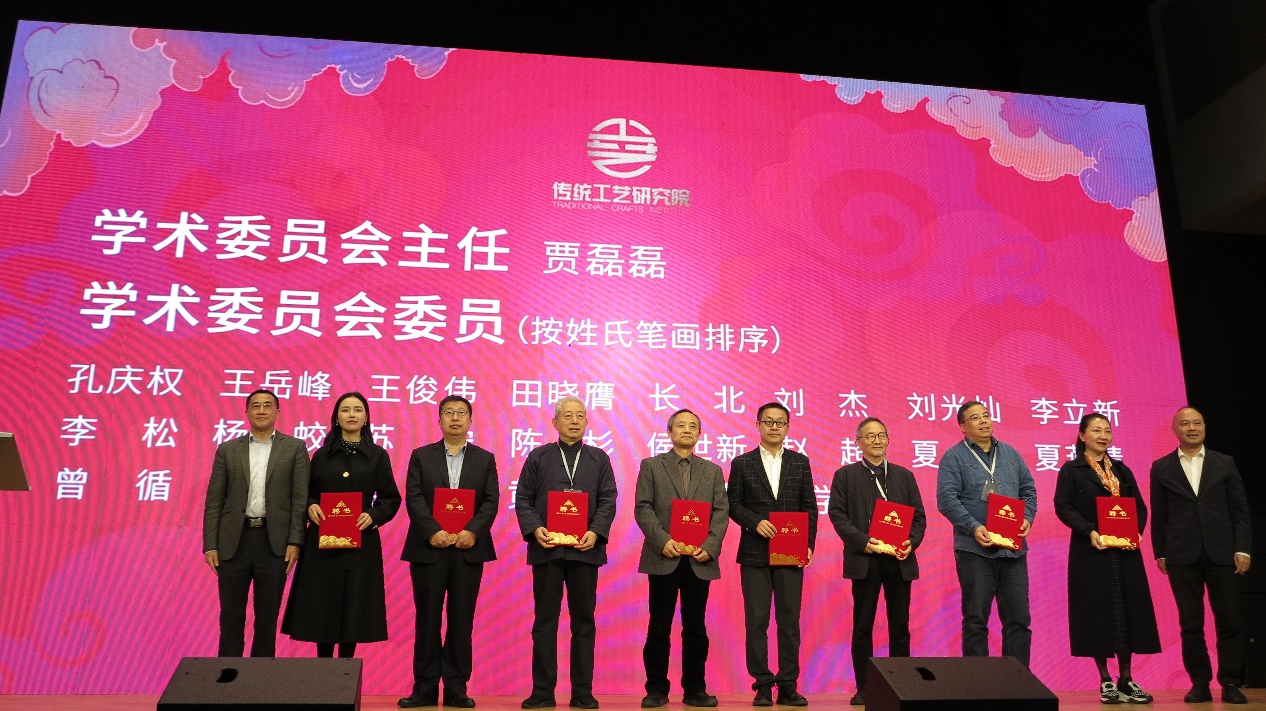
Chen She, Vice Chairman of the Sichuan Provincial Federation of Social Sciences, awarded the Internship Base of the Institute of Traditional Crafts, Chengdu University. Yang Xiaoyang, Deputy Director of the Publicity Department CPC Chengdu Municipal Committee, and He Rong, Full-Time Deputy Secretary of the Work of the CPC Chengdu Municipal Education Committee, issued letters of appointment for academic committee experts to eight national and provincial representatives of non-genetic successors, including Jia Leilei, Zhao Chao, and Xia Yanjing. Tang Yiqian, Vice President of Chengdu University, presided over the opening ceremony.
The forum was conducted after the opening ceremony, which was presided over by Wang Xiaojun, a member of the Standing Committee of the Party Committee of Chengdu University and Vice President of Chengdu University. The forum's theme is "Inheriting the National Crafts · Innovating the Art of the Era." To enhance the spirit of craft aesthetics, carry out traditional craft research, and present traditional craftsmanship in a modern context, Peng Jixiang, Li Song, Xia Yanjing, Li Lixin, Jia Leilei, Zhao Chao, and Changbei discussed the research, inheritance, and innovation of traditional craftsmanship.
The guests also visited and experienced the workshops of the Institute of Traditional Crafts. Zhao Sijin, the inheritor of the national intangible cultural heritage of Daoming bamboo weaving, said after visiting the craftsmanship of bamboo weaving, "I am full of confidence in the future of intangible cultural heritage. I am delighted to impart knowledge and skills to anybody interested in Daoming bamboo weaving. I hope that the younger generation will retain the confidence, patience, and creativity necessary to educate themselves about and appreciate the intangible cultural heritage."
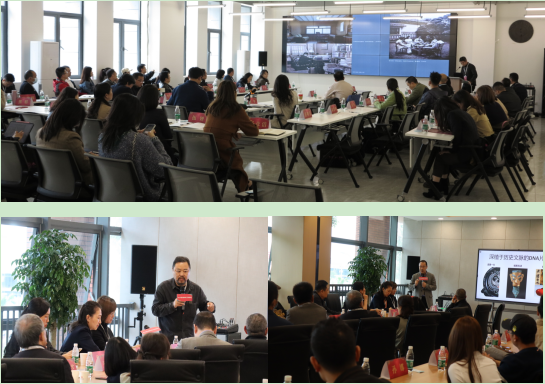
The three sub-forums, themed on "Technology Inheritance," "Technology Aesthetics," and "Integration and Innovation," respectively, went into more detailed discussions. The guests were divided into three groups and each delivered keynote speeches. In the sub-forum with the theme of "Inheritance of Skills," Zhang Feilong, director of Xi'an Raw Lacquer Research Institute, introduced the inheritance and development of the art of raw lacquer, Hao Shuping, the representative of Shu State's embroidery intangible cultural heritage of Chinese arts and crafts, shared the inheritance and innovation of intangible cultural heritage of the Shu State's embroidery culture, Weng Yixi, a teacher from the School of Fine Arts, Nanjing Normal University, offered academic sharings such as "A Discussion on the Paths of Traditional Craftsmanship to Promote the High-quality Development of Cultural Innovation Industries—Taking Fuzhou's Lacquerware as an Example"; In the sub-forum with the theme of "Craft Aesthetics," more than 30 scholars focused on "The Southeast Asian Crafts Culture under the Belt and Road Initiative," "A Discussion on the Aesthetic Connotation of Chinese Traditional Wooden Board New Year Paintings," "The Operating Mechanism of Early Japanese Folk Craft Movement," "Poetry and the Future— Visual Considerations of Traditional Crafts" and other eight academic speeches. In the sub-forum with the theme of "Integration and Innovation," eight participants, including Meng Dezhi, the national inheritor of Shu State's embroidery, Li Qing, curator of the Shushan Kiln Ceramic Art Museum, discussed and exchanged academic views on the innovation of intangible heritages, the revitalization of cultural resources' IP, and the intangible cultural heritages' platform.
It is reported that in order to follow the spirit and deployment of the General Office of the CPC Central Committee and the General Office of the State Council, under the guidance of the Publicity Department of the Sichuan Provincial Party Committee, the Education Department of Sichuan Province, the Sichuan Federation of Social Science Associations and the Publicity Department of the Chengdu Municipal Party Committee, Chengdu University, with firm cultural self-confidence and cultural responsibility, established the Research Institute of Traditional Crafts in December 2020 with the aim of "grasping the orientation, basing on academics and focusing on heritage", further promoting vitality of passing on traditional crafts and integrate into modern life, and making positive contributions to revitalize the traditional crafts in Sichuan, carry forward the outstanding Chinese culture, make visible the national cultural confidence and strengthen the "soft power" of the Chinese national cultural.
